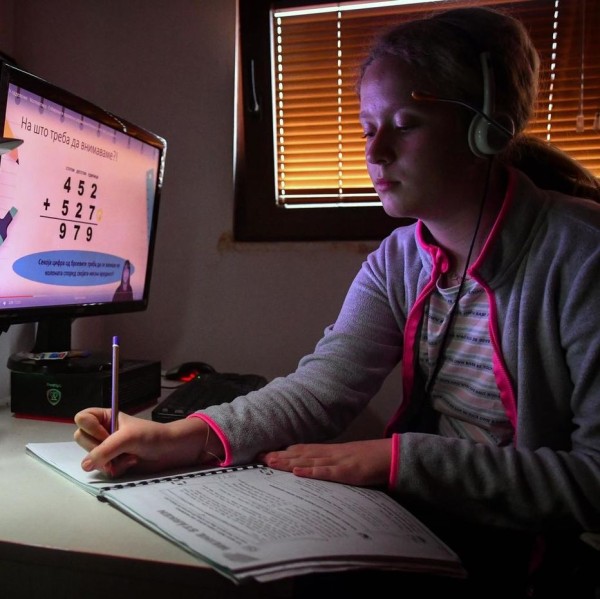From birth women and girls have limited access to quality learning opportunities in science, technology, engineering and mathematics (STEM) subjects which are traditionally taken up by boys and men and are critical for their transition into the world of work and to fulfill their dreams and potential. Despite the fact women perform just as well on mathematics and science tests, men account for 68 percent of students enrolled in STEM programs at the university level.**
Gender norms, negative stereotypes, the gender digital divide and a lack of role models continue to keep girls from rising in science, technology, engineering and mathematics.
Women who perform well in STEM subjects in high school tend to enroll in education, humanities and the arts rather. A lack of women professors in STEM faculties serves as a disincentive. Lack of role models, mentors, family support, and teacher encouragement from teachers, as well as STEM environments dominated by men, are major obstacles for women. Eliminating these persistent gender disparities requires a concerted effort between governments, schools, private sector, researchers, communities, parents – and women and girls themselves. Education systems and schools can play a main role in shaping girls’ interest in STEM subjects and in providing equal opportunities to access and benefit from quality STEM education. Teachers, curriculum, equipment, pedagogy and the socialization process in school are integral to helping to track girls towards STEM studies and careers.
Women and girls who wish to pursue careers in STEM deserve the education and training necessary to enter the growing STEM job market in STEM sectors and realize their talent and human potential.

Skopje, 24 March 2020: Lea (10) gets acquainted with the newly developed E-classroom platform launched on 24 March to support distance learning for children temporarily out of school due to COVID-19 @UNICEF Moldova
** UNESCO data is available for the following ECIS countries: Albania, Armenia, Azerbaijan, Bosnia and Herzegovina, Cyprus,
Georgia, Kazakhstan, Kyrgyzstan, Montenegro, North Macedonia, Russian Federation, Serbia, Tajikistan, Turkey, Turkmenistan, Uzbekistan
Women are typically given smaller research grants than their male colleagues and, while they represent 33.3% of all researchers, only 12% of members of national science academies are women globally.
Source: United Nations 2022
Sign up to receive STEM4ALL updates and news as we continue to grow and expand.